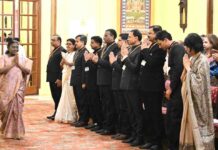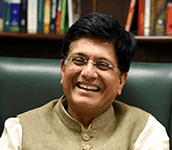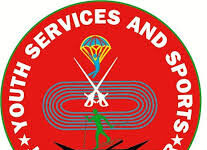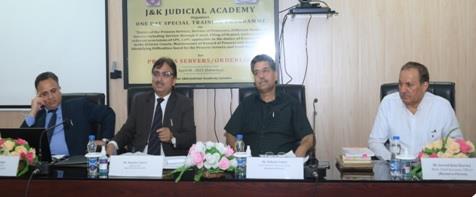JAMMU, APRIL 08: Under the patronage of Justice N. Kotiswar Singh, Chief Justice, High Court of Jammu & Kashmir and Ladakh, (Patron-in-Chief, J&K Judicial Academy) and guidance of Justice Sindhu Sharma, Chairperson, Governing Committee for J&K Judicial Academy and Justice Vinod Chatterji Koul, Justice Javed Iqbal Wani and Justice Wasim Sadiq Nargal, members of Governing Committee, J&K Judicial Academy organized One day Special Training programme on “Duties of the Process Servers, Service of Processes, Different Modes of Service including Service through E-mail, Filing of Report, understanding relevant provisions of CPC, CrPC applicable to the duties of Process Servers in the District Courts, Maintenance of Record of Process and Services and Identifying Difficulties faced by the Process Servers and Evolving Solutions” for Process Servers/Orderlies of Jammu Province at Judicial Academy, Jammu.
The training programme was conducted by Rajinder Saproo, Registrar Rules, High Court of J&K and Ladakh.
Anoop Sharma, Registrar Computer (IT), High Court of J&K and Ladakh, Subash Gupta, Retired District and Session Judge and Govind Ram Sharma, Retired Chief Accounts Officer were the resource persons for the training programme.
Rajinder Saproo, Registrar Rules, High Court of J&K and Ladakh gave an overview of the programme. He said that the process servers/orderlies being at the temple of justice must exhibit the highest standards of personal and professional conduct and must inspire the trust and confidence of people through their ability and efficacy.
In the first technical session, Subash Gupta trained the participants representing various district courts about the relevant provisions of CPC applicable to the duties of process servers/orderlies. The resource person discussed the duties of the Process Servers and Service of Processes including filing of report. The difficulties in functioning were also identified during the session and effective solutions were suggested.
In the second technical session, Anoop Sharma discussed different modes of online services including service through E-mail, Whatsapp and NSTEP (National Service and Tracking of Electronic Processes). He said that NSTEP is collaboration between Case Information System (CIS), NSTEP web application and NSTEP mobile application. He trained the participants regarding the activities to be performed by process server on NSTEP mobile application. He gave a step-wise overview through a power point presentation about the procedure to operate the NSTEP app.






















